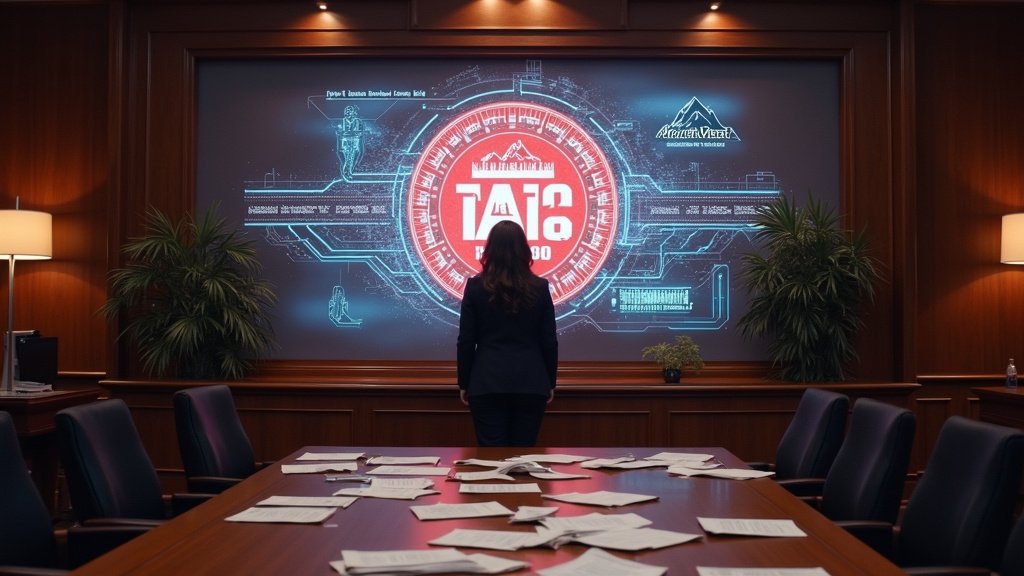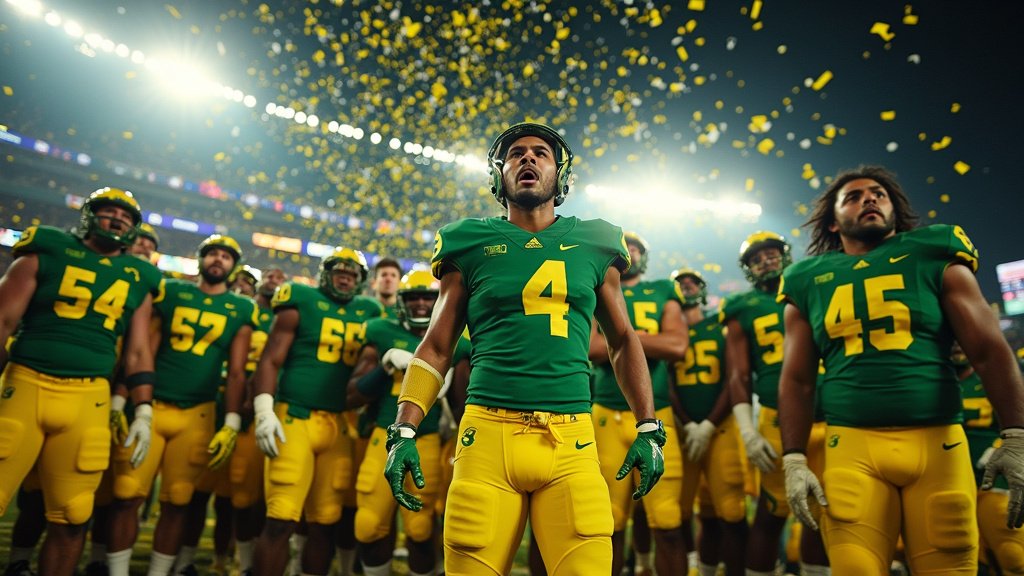Mountain West’s Strategic Shift
The Mountain West Conference (MWC) has announced a temporary halt to its expansion plans, a direct consequence of the ongoing legal entanglement with the Pac-12 Conference. The decision, revealed by Commissioner Gloria Nevarez, marks a significant pivot in the MWC’s immediate strategic objectives. This shift underscores the volatile landscape of collegiate athletics and the profound impact legal battles can have on conference strategies and growth prospects. The conference, seeking stability amidst the turmoil, is directing its focus toward securing its financial future and managing existing transitions.
Prioritizing Media Rights and Existing Transitions
The core of the MWC’s revised strategy centers around two key priorities: media rights negotiations and the management of current transitions. Media rights are critical for any athletic conference, providing the financial resources necessary to support member institutions, recruit talent, and maintain competitive programs. Securing favorable media deals is particularly crucial during periods of uncertainty and legal challenges. Simultaneously, the MWC must navigate ongoing transitions within its current membership. This involves integrating new members, establishing new partnerships, and ensuring that all member institutions are adequately supported during these periods of change.
The Complexities of Conference Expansion
The decision to pause expansion efforts also highlights the significant complexities involved in growing a collegiate athletic conference. Expansion typically involves a multitude of factors, including the identification of suitable candidates, the negotiation of agreements, and the integration of new member institutions into the existing conference structure. More importantly, conferences must weigh these decisions against the existing legal and financial conditions, and the current negotiations and battles that could severely impact the future plans. The MWC’s willingness to pause expansion reflects a pragmatic approach, prioritizing the stability and well-being of its current members and their future. The legal dispute with the Pac-12 has likely introduced significant uncertainty and potential risks to the future, which must be carefully considered.
The Legal Battle’s Impact
The legal dispute with the Pac-12 is at the heart of the MWC’s current predicament. While the specific details of the legal action remain undisclosed, the very existence of this legal battle has forced the conference to reconsider its long-term strategy. The financial resources and legal bandwidth needed to fight this could easily impede any expansion, and could possibly destroy the future. The potential for financial repercussions, reputational damage, and prolonged instability has forced the MWC to re-evaluate its priorities. The need to prioritize existing members and media rights deals makes perfect sense in light of the legal challenges, which are likely to consume a significant amount of resources.
The Broader Implications for Collegiate Athletics
This development also has implications for the broader landscape of collegiate athletics. The inter-conference legal disputes can be a major impediment to growth and stability. The Pac-12 case could set a precedent, shaping how other conferences handle their legal affairs and how they approach expansion. The MWC’s situation provides valuable lessons for other conferences. It shows the need for financial stability, legal preparedness, and the ability to adapt to change. The focus on media rights is a trend that is expected to continue, with conferences increasingly dependent on revenue from television deals and digital media. The current climate emphasizes the need for a strategic approach to expansion, ensuring any moves are well-planned and executed to avoid legal and financial pitfalls.
Looking Ahead
The Mountain West Conference’s pause on expansion is not an indication of retreat, but of a tactical recalibration. While the legal dispute with the Pac-12 remains unresolved, the conference must focus on what is within its immediate control. By prioritizing media rights and existing transitions, the MWC aims to strengthen its foundation for the future. Commissioner Nevarez’s actions are a calculated move to protect the conference’s long-term interests. The MWC’s strategic shift provides a lesson for collegiate athletics. It highlights the importance of navigating complex legal and financial challenges while maintaining a focus on member well-being. The future of the MWC depends on how it navigates these choppy waters.




